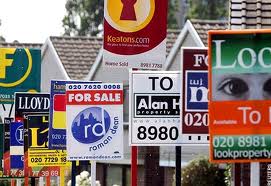Let’s be clear, patriarchy (pater arché or “father/men rules”) is abusive by design. Anytime one group, in this case men, hold power over another group (women) it is abusive. Mature adults do not need other adults to tell them what to do, how to behave, what to believe or what to think. When one group (men) believes they have the right to do this – it is abuse. It doesn’t matter if it happens in the board room, classroom, bedroom or worship space. When men believe they have the right control other adults they are being physically, emotionally, psychologically and spiritually abusive.
Because our culture is patriarchal, women are trained from childhood to believe that they should hand over their power to men. This happens in many ways, some overt, some subtle. Regardless, this kind of inculturation restricts their freedom and prevents women from being truly human. It also impoverishes men who then never experience the riches and gifts of women freely choosing their actions and vocations.
Understand this – it takes a lot of threats, secrecy, violence and abuse to maintain a system of patriarchy. Everyday, women are raped, beaten and killed in order to maintain patriarchy. Women are psychologically, emotionally and spiritually abused in order to maintain patriarchy.
It’s no accident that sexual abuse occurs frequently in family, corporate, educational and religious institutions. They are profoundly patriarchal – so abusive by design. Punishing individuals will never solve the problem – though that is necessary. Neither will swapping women for men in positions of power. The actual system must be changed so that power is shared.
Some may claim that “someone needs to be in charge.” In a family situation this is often assumed to be the husband or father. Not so. Many couples and groups function well using consensus. Other groups implement various types of representative democracy. What typically doesn’t work very well is any form of patriarchy, monarchy, hierarchy or dictatorship. These are the very breeding grounds of abuse by design – creating an unequal power dynamic. Love, by definition, requires mutuality. Love between adults necessitates that power is shared.
You may also like Our Deepest Fear and “Nice and Quiet.”
